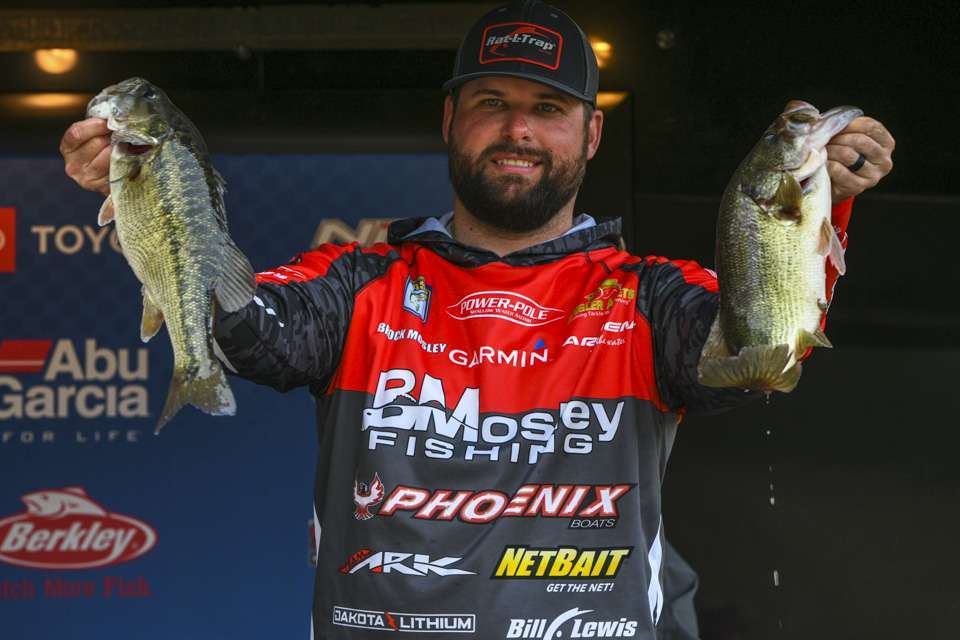
When I look at the fishing industry, I’m amazed at the current growth level. There are many factors here, but I believe one of the most important is the stream of youth anglers coming up through high school and college fishing programs.
In the last 10 years, the college fishing programs have exploded onto the scene. It used to be kind of overlooked, but now it’s like — look how many former college anglers have made it to the professional level.
I think one of the biggest reasons this has happened is that college fishing exposes young anglers to different types of fisheries. B.A.S.S. does a great job of making this happen, not only showing college anglers a format similar to what they’d see in a Bassmaster Open, but also by scheduling their events at diverse locations.
For example, this year, they’re going to the St. Lawrence River and a friend of mine who fishes for Mississippi State is going to make the trip. That’s getting these kids out of their region and exposing them to new bodies of water and new techniques.
I played baseball at Ole Miss, so I only got to compete in college fishing for one year, but it was a tremendous experience. That year, my partner and I won our regional on the Alabama River and advanced to the national championship.
That event was split between the Arkansas River, which was like most of what we fish at home, but the second day was on Lake Maumelle, which is a deep, clear spotted bass lake. That was definitely something out of our norm.
One thing I can say that I took from my college fishing days was confidence with a spinning rod. Now, when the Elites head up north, I have that in my arsenal.
As my career grows, I find myself very motivated to offer advice and motivation to young anglers who are working to build their careers. For instance, at the Bassmaster Classic, I tried to speak to the college anglers about how their seasons were going and encourage them to push through the ups and downs.
Probably the most important thing I’d tell young anglers who are considering a career as a professional angler is get your degree. Whether or not you make it in fishing, you still have your degree to fall back on.
For example, if you get a degree that can be utilized in the business side of this industry, you could very easily find a job in the industry. I have a bachelors degree in business marketing and that helps a lot when I send my resume to various companies because they can see that I have an understanding of the things that can help them.
Understanding supply and demand, marketing, social media platforms — all of this is important to companies that sponsor fishermen, so if you can prove that you’re competent in these areas, your value increases.
These days, more than ever, you really have to be the total package and I believe that college fishing plays a big role in helping young anglers achieve that.

